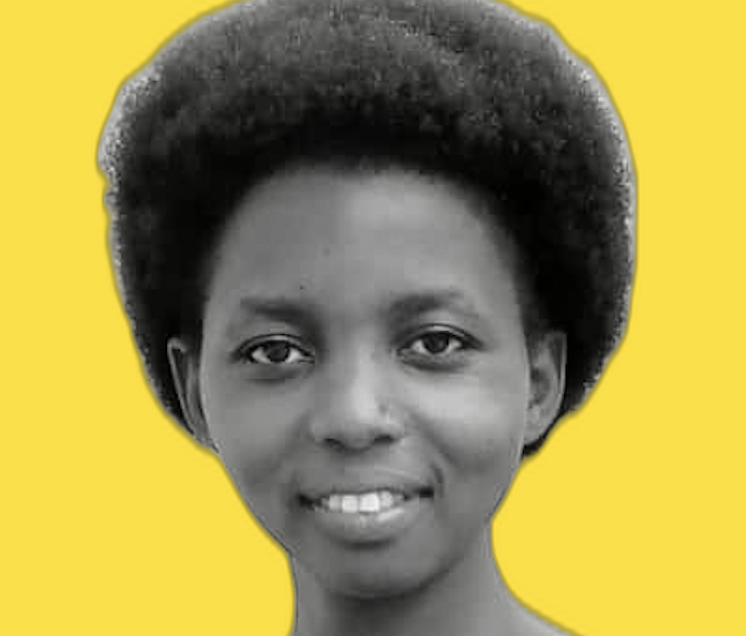Film
Field Lessons
Steven Bukaya, a 57-year-old farmer in Uganda, is finding practical ways to adapt to rising heat and limited support, determined to grow his business on his own terms as a person with a disability.
Filmmaker: Christine Oliver Dhikusooka
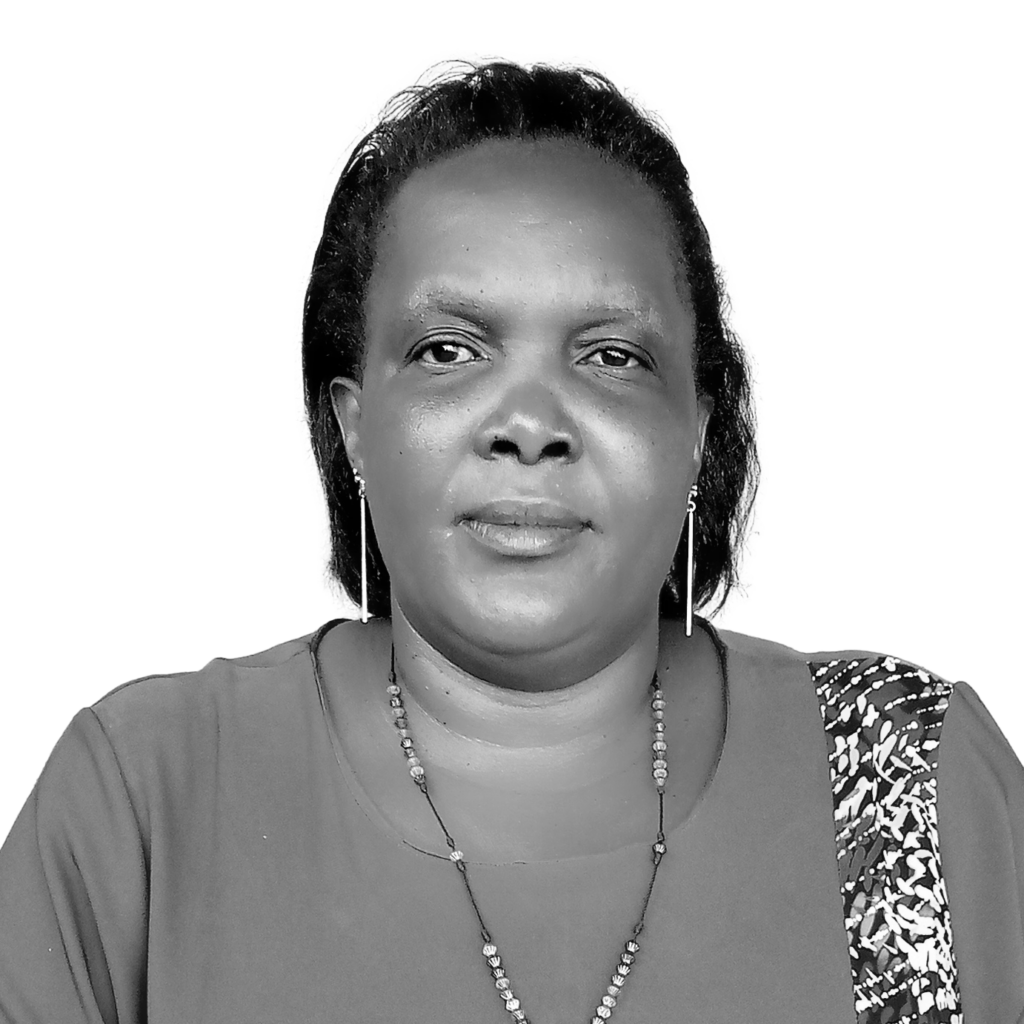
Christine Oliver Dhikusooka is executive director of One Voice Heard 4 Disability Uganda (OVH4DU), which advocates for the rights of women with disabilities in Uganda. Read more about Christine Oliver Dhikusooka
Climate Isn’t Equal
Pranav Sethi sounds the alarm: climate change is making daily survival even harder for people with disabilities. From toxic air to intensifying disasters, what’s now treated as “normal” was never meant to be.
Filmmaker: Aalap Deboor
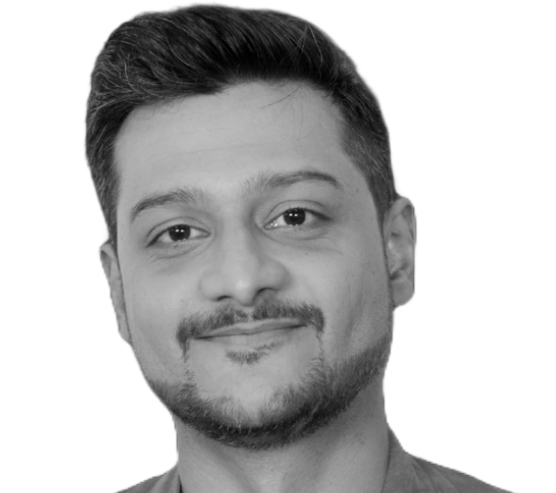
Aalap Deboor is a producer-entrepreneur with 15 years in the entertainment industry. After a career in entertainment journalism followed by TV programming & production with MTV & Vh1, he started Much Much Media, a Mumbai-based content studio. Read more about Aalap Deboor
Rising Tides, Raising Voices
Indigenous Pacific Islanders with disabilities fight for survival amidst rising sea levels, advocating for inclusive disaster responses and sustainable futures.
Filmmaker: Jody Santos
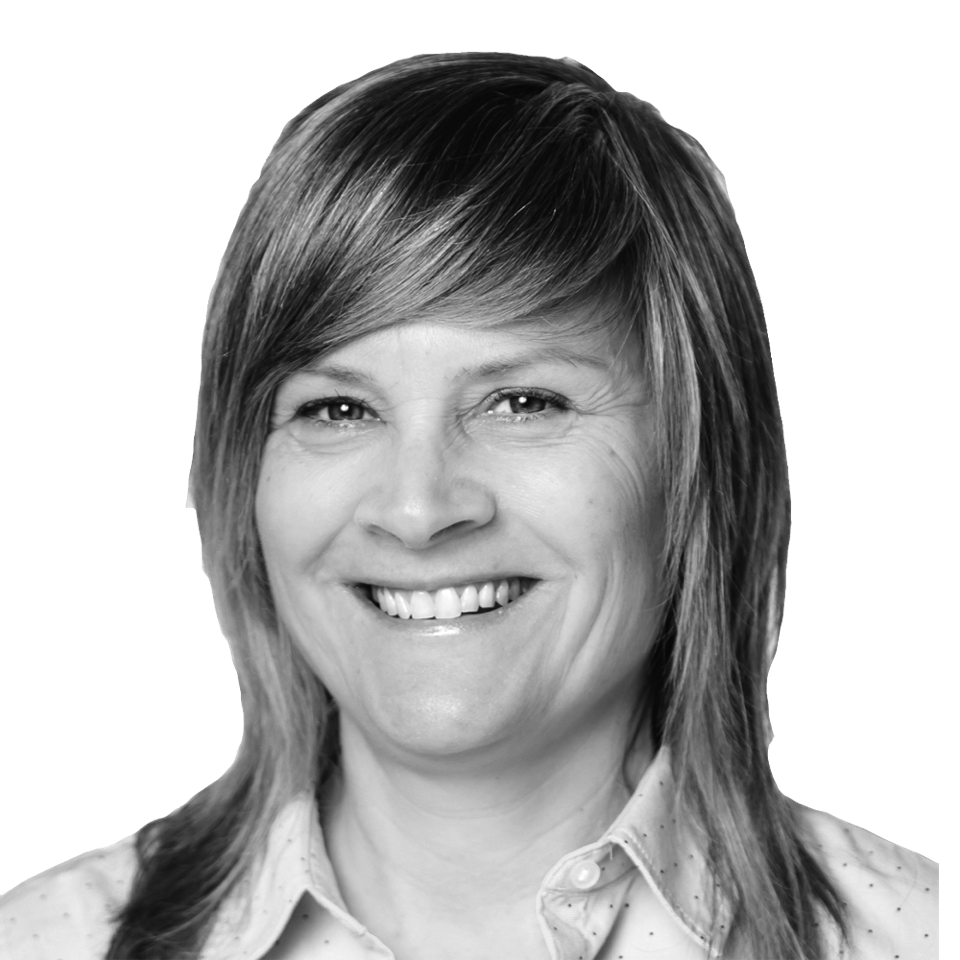
Jody Santos is the founding executive director and editor-in-chief at the Disability Justice Project. Read more about Jody Santos
Rise Up!
Women with disabilities in the Solomon Islands face barriers to employment. When Diana Ma’ahoro experienced these firsthand, she enrolled in a national leadership program. Now she's a renowned disability rights activist in the Pacific.
Filmmaker: Melvina Voua
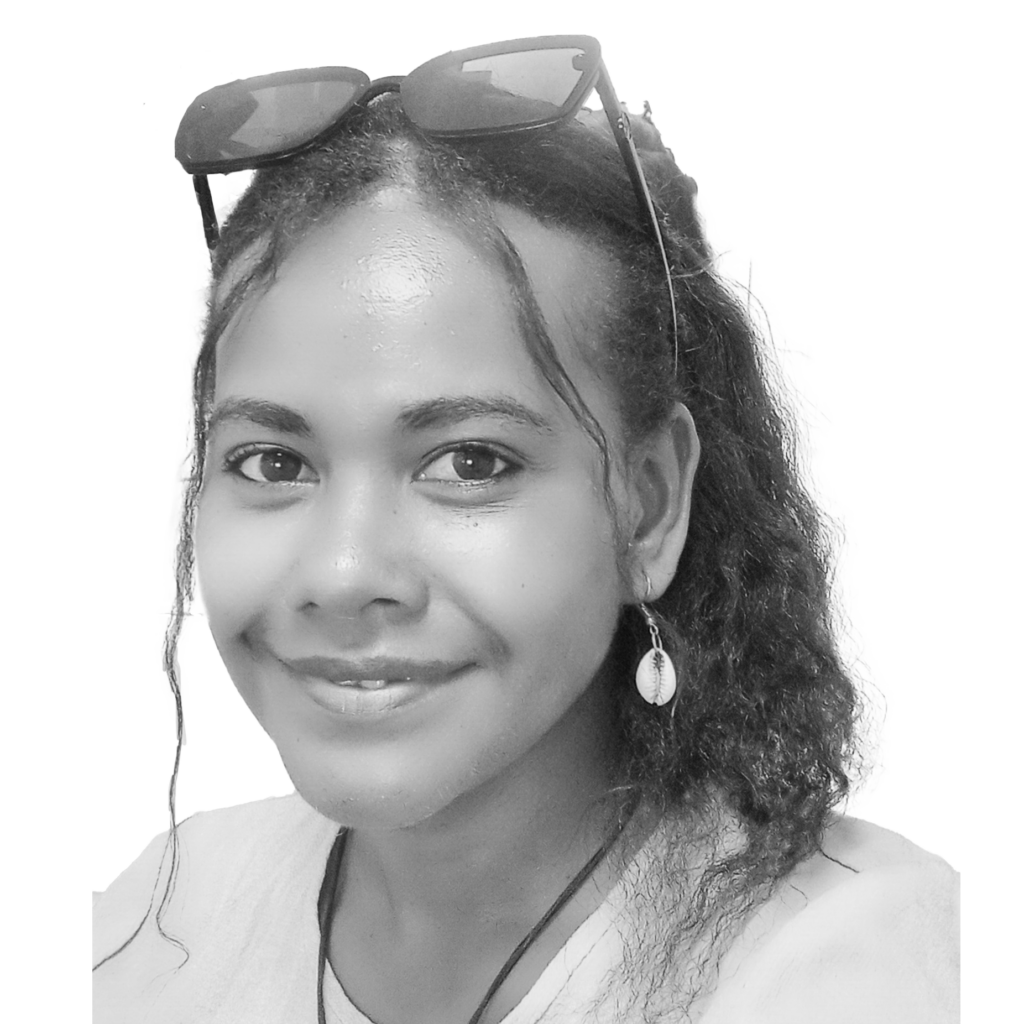
Melvina Voua is a member of People with Disability Solomon Islands (PWDSI), the umbrella body of organizations for people with disabilities in the Solomon Islands. Read more about Melvina Voua
Heat and Hurricanes
For Larry Landrie, a disabled senior in Georgia, rising heat and frequent storms are life-threatening. As extreme weather intensifies, inclusive disaster planning becomes essential.
Filmmaker: Larry Landrie
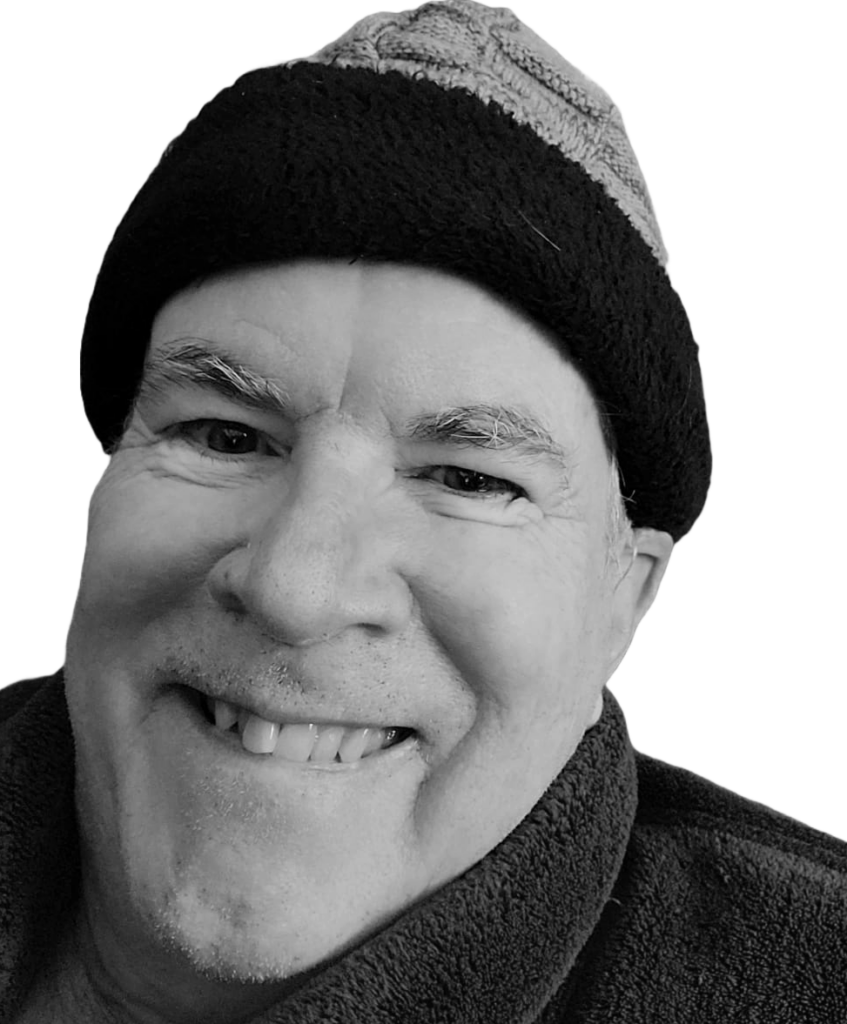
Larry Landrie is retired from a 40-year career with the Department of Veterans Affairs. He is admin for the Facebook group, Worldwide Wheelchair Photographers. Read more about Larry Landrie
The Hottest Decade
As the world experiences the hottest decade in recorded history, extreme temperatures are aggravating health conditions and making it dangerous for Pacific Islanders with disabilities to go outside, further affecting their ability to work.
Filmmaker: Faaolo Utumapu-Utailesolo
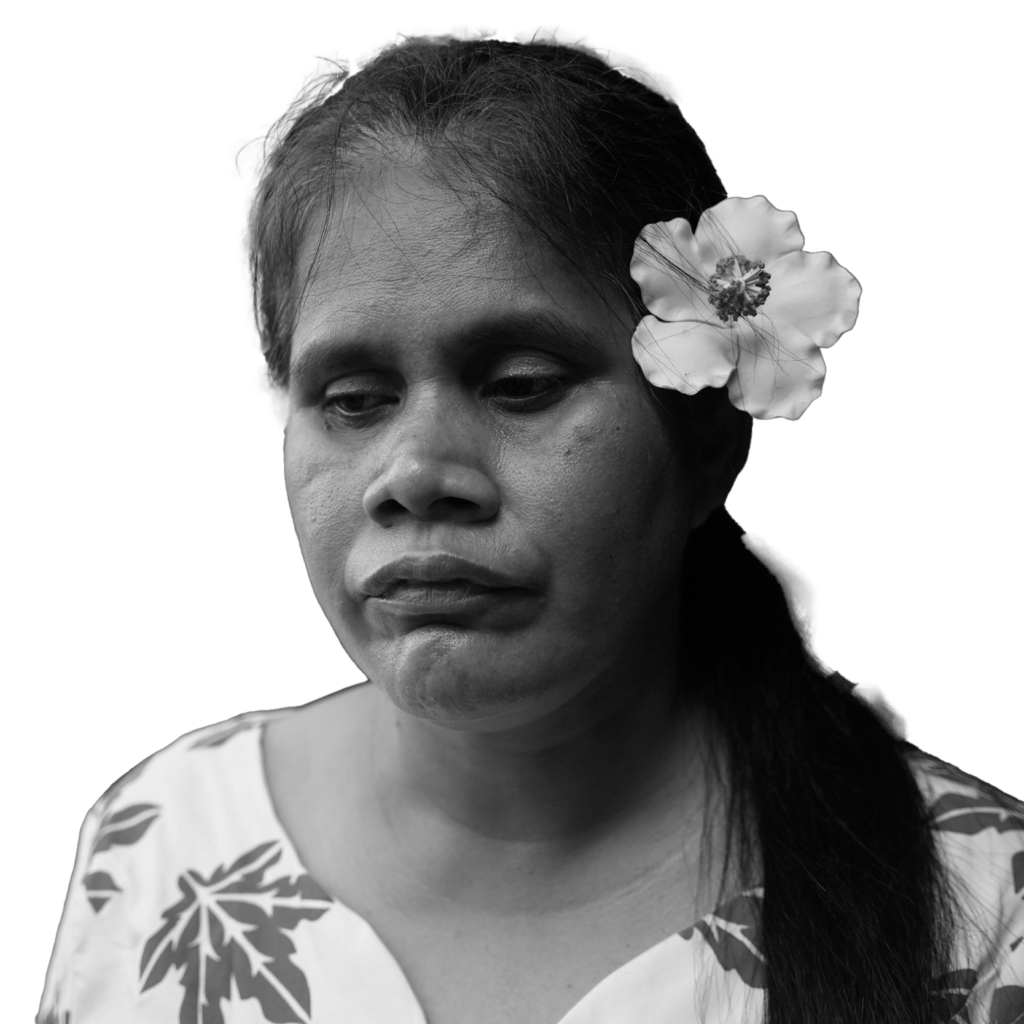
Faaolo Utumapu-Utailesolo is the Program Officer for the Pacific Island Countries for the Disability Rights Fund and the Disability Rights Advocacy Fund. Read more about Faaolo Utumapu-Utailesolo
Flood Risks Rising
In May 2023, floods ravaged Rwanda, claiming lives and leaving many, like Florentine Mukantagwera, trapped and at risk. Her story shows the urgent need for inclusive disaster planning.
Filmmaker: Francine Uwayisaba
Climate Strain
Navigating Delhi's congested streets and hazardous air, Pranav Sethi experiences sensory issues that intensify with shifting weather patterns, making everyday life physically and mentally draining.
Filmmaker: Aalap Deboor

Aalap Deboor is a producer-entrepreneur with 15 years in the entertainment industry. After a career in entertainment journalism followed by TV programming & production with MTV & Vh1, he started Much Much Media, a Mumbai-based content studio. Read more about Aalap Deboor
Redefining Justice
Roshani Adhikari recently made history as Nepal's first blind female lawyer. She is committed to making her country's legal system more accessible.
Filmmaker: Bishwamitra Bhitrakoti
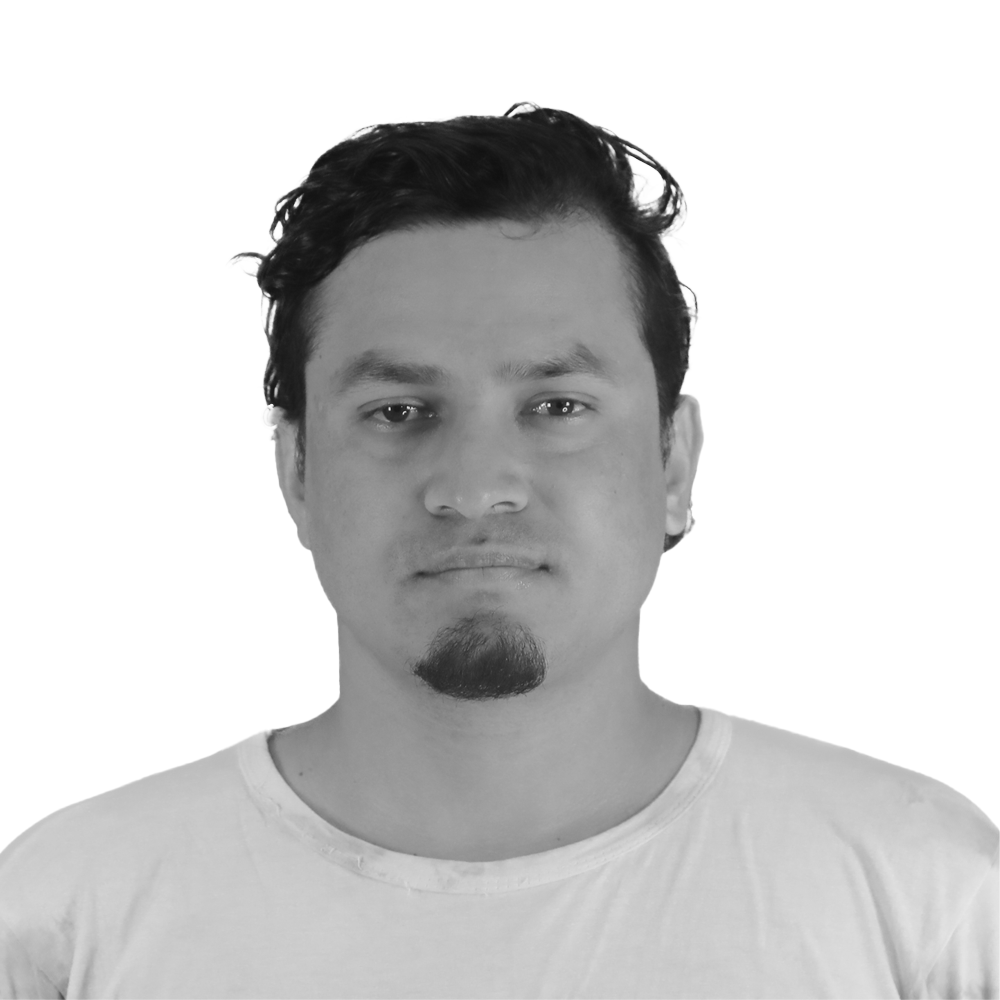
Bishwamitra Bhitrakoti is a communications officer at the National Federation of the Deaf, Nepal and president of the Annapurna Deaf Association. Read more about Bishwamitra Bhitrakoti
Breaking Free
Angela Nsimbi shares her story of living with bipolar disorder, reflecting on the challenges of her diagnosis and the transformative power of family support.
Filmmaker: Esther Suubi
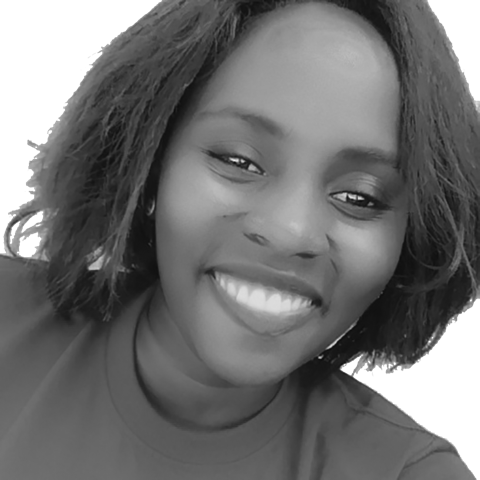
Esther Suubi is an advocate for young girls and women's voices and a peer educator at Triumph Mental Health Support. Read more about Esther Suubi
Together, We Can Make a Better World
In the remote districts of Humla and Mugu, Nepal, a community's concerted efforts toward disability inclusion are transforming lives through grassroots advocacy.
Filmmaker: Chhitup Lama
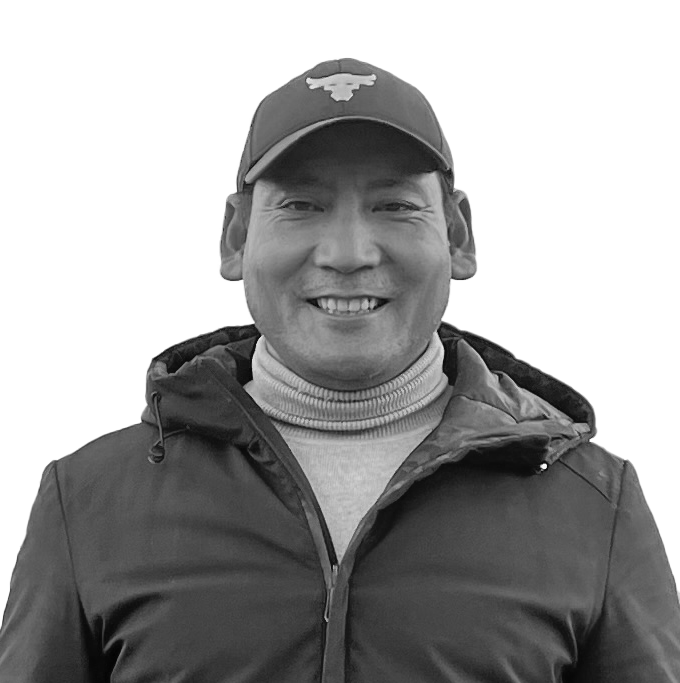
Chhitup Lama is the founding executive director of Himalayan Education and Development (HEAD) Nepal. Read more about Chhitup Lama
Farming Through Extremes
Farmers with disabilities in rural Nepal are facing unprecedented challenges as climate change intensifies. Unpredictable weather patterns, including devastating floods, threaten their livelihoods and disrupt farming in remote, mountainous regions.
Filmmaker: Chhitup Lama

Chhitup Lama is the founding executive director of Himalayan Education and Development (HEAD) Nepal. Read more about Chhitup Lama
Crossroads
DJP Fellow Sita Sah explores the challenges and societal barriers faced by blind women in Nepal, highlighting both their personal struggles and the collective activism aimed at systemic change.
Filmmaker: Sita Sah
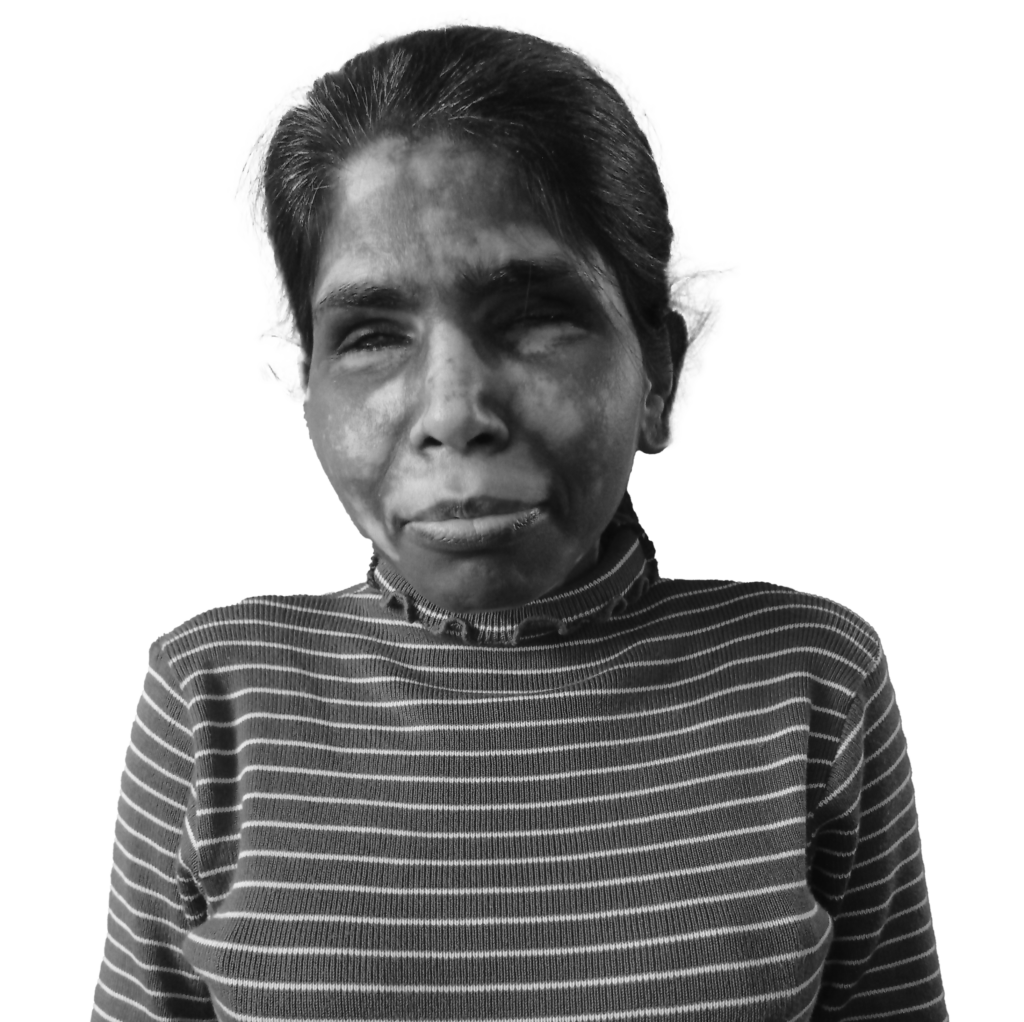
Sita Sah is a project assistant at the Blind Women Association Nepal (BWAN) with over five years of professional experience across various sectors and NGOs. Read more about Sita Sah
An Essential Benefit
The first disability benefit scheme in Samoan history offers monthly payments to residents with disabilities. DJP Fellow Ari Hazelman interviews Samoan advocates pushing for the strengthening of this essential program.
Filmmaker: Ari Tommy Hazelman
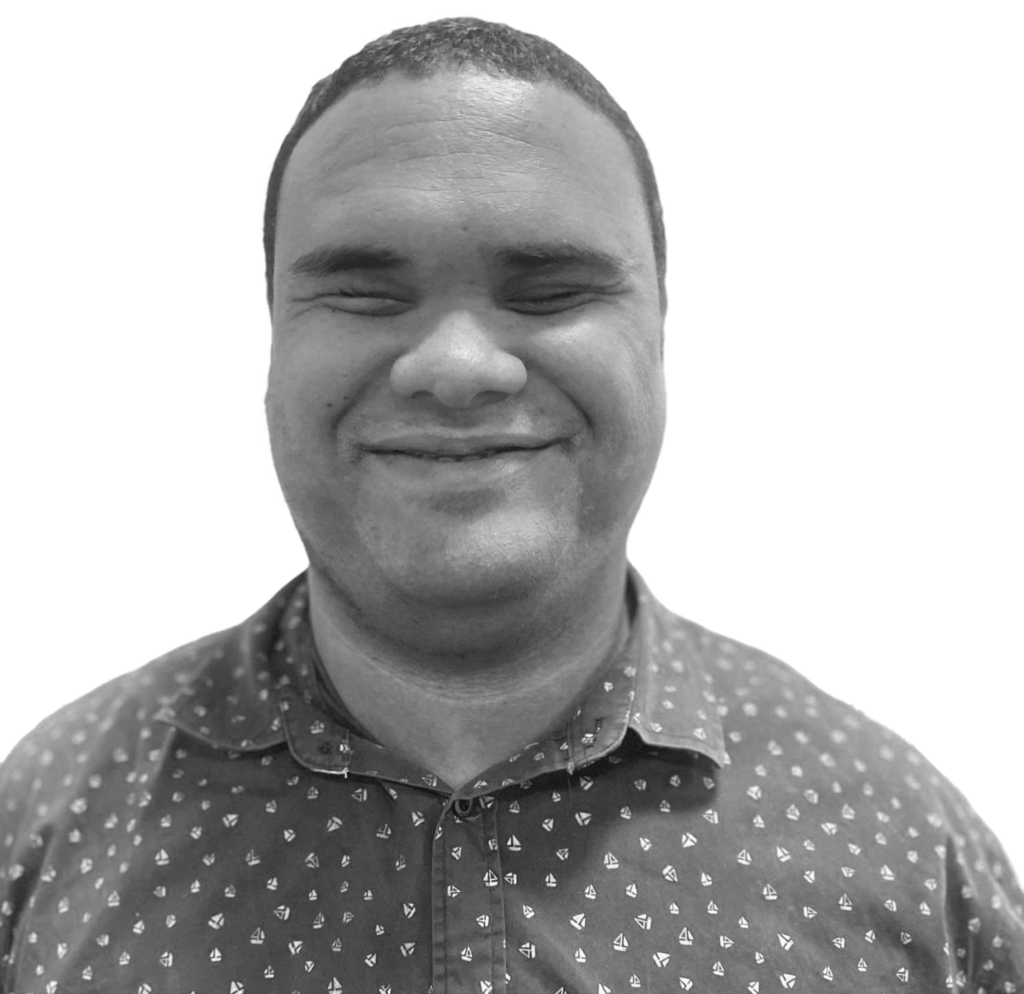
Ari Tommy Hazelman is a blind 34-year-old Samoan man posted as the disability inclusive officer for the Samoa Blind Persons Association (SBPA). Read more about Ari Tommy Hazelman
A New Challenge
Of the nearly 400 DeafBlind people living in Malawi, 250 are school-aged children. DJP Fellow Duster Lucius interviews Chrissy Mutumba, the first DeafBlind student accepted to a prestigious high school in Blantyre.
Filmmaker: Duster Lucius
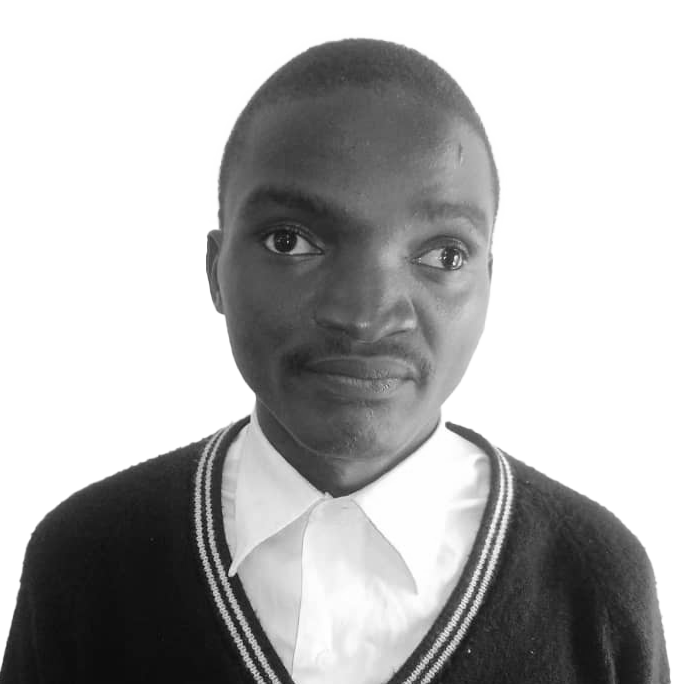
Duster Lucius is a 19-year-old disability youth activist who is DeafBlind (partial hearing, completely blind) and a national youth coordinator at the Visual Hearing Impairment Membership Association (VIHEMA). Read more about Duster Lucius
Breaking Chains
Following her husband’s death by suicide, Santoshi BK experienced depression and hallucinations. She gained support through a self-help group and has become an advocate for those with psychosocial disabilities.
Filmmaker: Sanjaya Raj Neupane
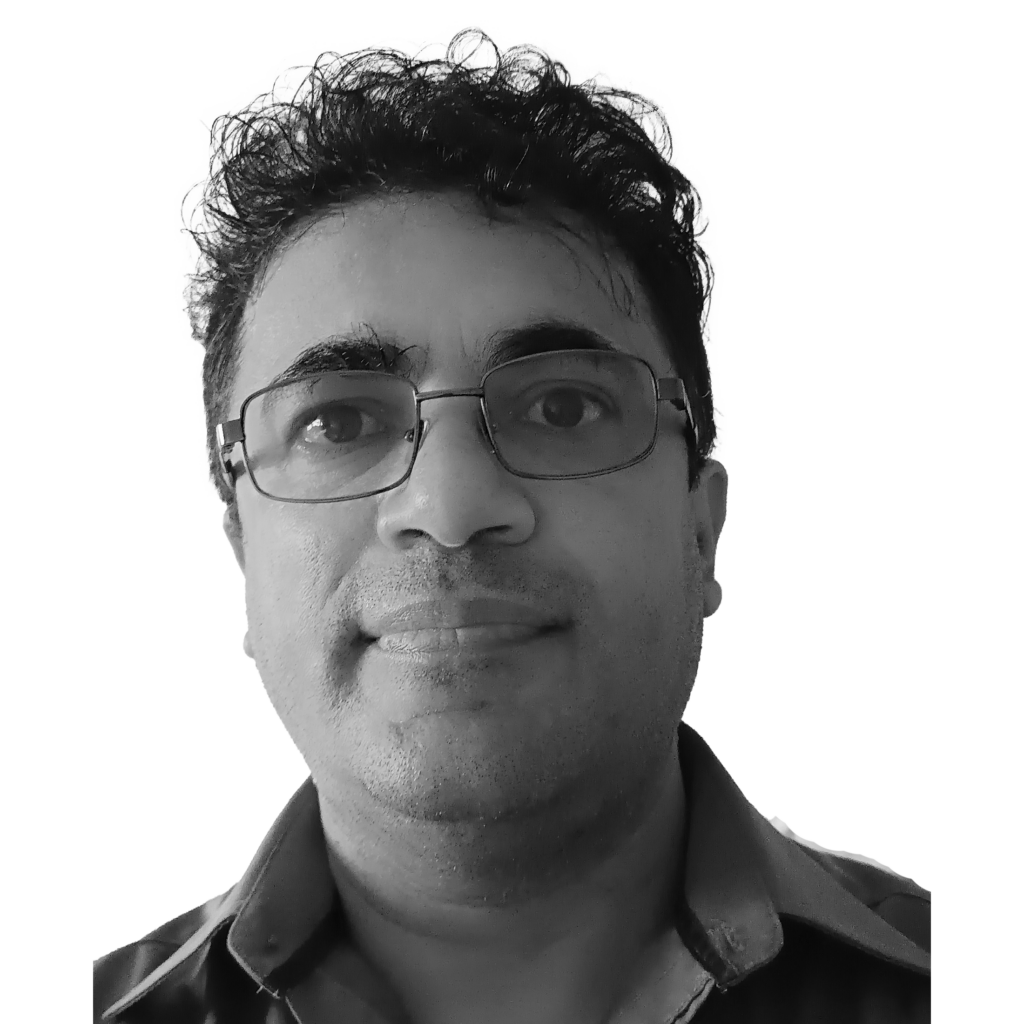
Sanjaya Raj Neupane is the advocacy coordinator at KOSHISH, an organization amplifying the voices of persons with psychosocial disabilities. Read more about Sanjaya Raj Neupane
Driving Change
Deaf individuals in Nepal struggle to obtain driver's licenses due to discriminatory laws. Advocates like Raghav Bir Joshi are pushing for change.
Filmmaker: Bishwamitra Bhitrakoti

Bishwamitra Bhitrakoti is a communications officer at the National Federation of the Deaf, Nepal and president of the Annapurna Deaf Association. Read more about Bishwamitra Bhitrakoti
‘I Feel Like an Outsider’
For many Indonesians with psychosocial disabilities, access to mental health care remains a challenge. With the help of a friend, 44-year-old Ardiansyah eventually found refuge in a local mosque.
Filmmaker: Kinanty Andini
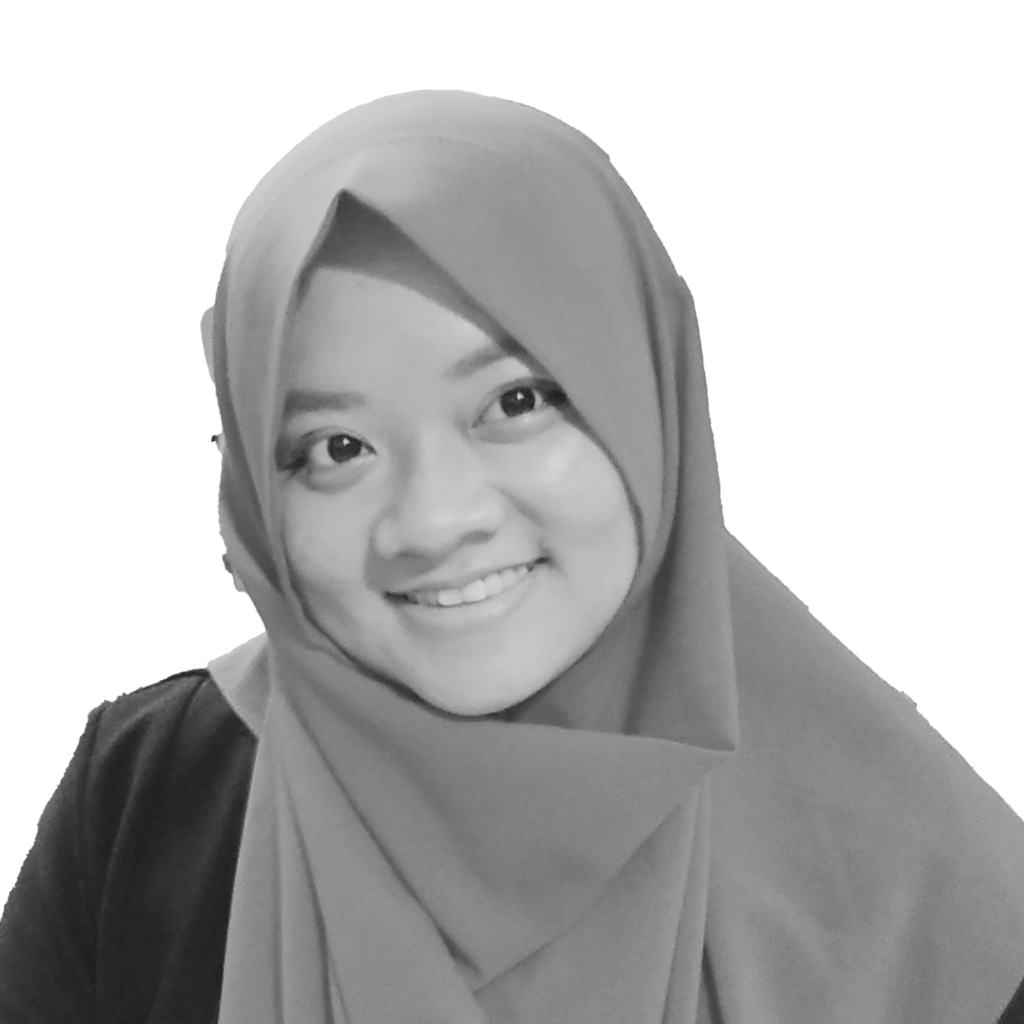
Kinanty Andini is a freelance graphic design and digital artist. She is affiliated with the Indonesia Mental Health Association (IMHA), also known as the Association of Healthy Souls. Read more about Kinanty Andini
Salted Success
DJP Fellow Naufal Asy-Syaddad shares the journey of Faisal, a 28-year-old autistic entrepreneur who produces up to 3,000 salted eggs per month, serving customers across Indonesia.
Filmmaker: Naufal Asy-Syaddad
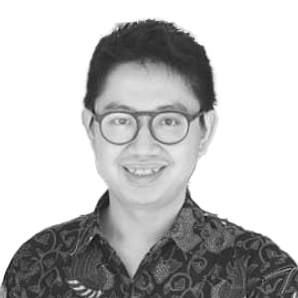
Naufal Asy-Syaddad is a disability rights activist with autism and chairperson of Yogasmara Foundation's youth group. Read more about Naufal Asy-Syaddad
Dramatic Waves of Change
Kiribati native Ruby Nabetari has witnessed first-hand the severe and rapid impacts of global warming. She hopes that through theater, she can speak volumes to policymakers deciding the fates of climate-vulnerable nations.
Filmmaker: Faaolo Utumapu-Utailesolo

Faaolo Utumapu-Utailesolo is the Program Officer for the Pacific Island Countries for the Disability Rights Fund and the Disability Rights Advocacy Fund. Read more about Faaolo Utumapu-Utailesolo
Cultural Survival
In rural Nepal, Indigenous women with disabilities rely on traditional practices for their livelihoods, but restrictive state policies are causing hardship. They call on the government to support their traditional knowledge and skills.
Filmmaker: Bhawana Majhi
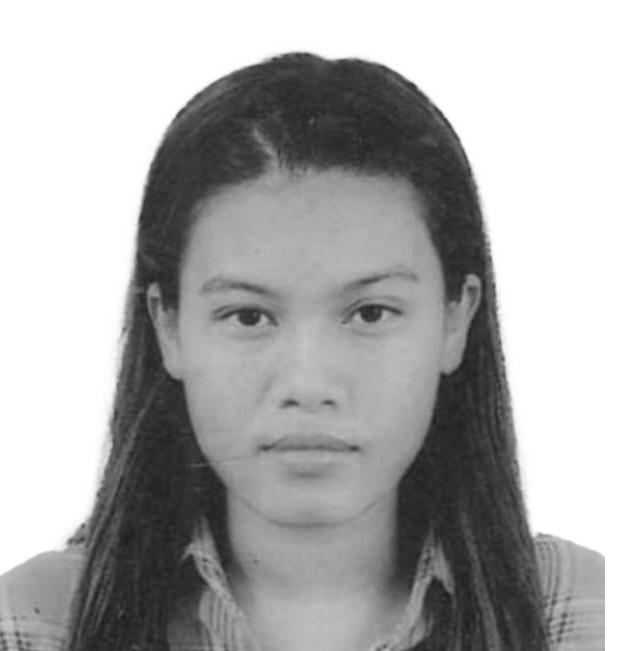
Bhawana Majhi is an advocacy and communication officer at the National Indigenous Disabled Women Association - Nepal (NIDWAN). Read more about Bhawana Majhi
Deputy Mayor Kauma
Fazira Kauma toppled political barriers in Uganda when she became the first woman and the first blind citizen to be appointed deputy mayor in Jinja. She says disability representation in politics is key.
Filmmaker: Christine Oliver Dhikusooka

Christine Oliver Dhikusooka is executive director of One Voice Heard 4 Disability Uganda (OVH4DU), which advocates for the rights of women with disabilities in Uganda. Read more about Christine Oliver Dhikusooka
On the Frontlines of the Climate Crisis
As the effects of climate change intensify, severe flooding will become increasingly common in Samoa, disproportionately impacting persons with disabilities. Activists say accessibility must be central to emergency response plans.
Filmmaker: Sa Utailesolo
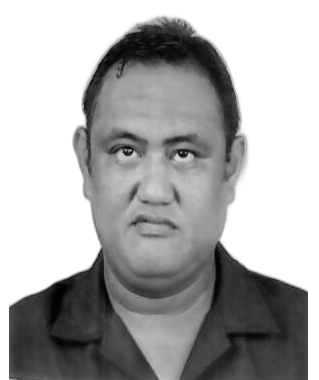
Sa Utailesolo has been working at the National Advocacy Organisation of Persons with Disabilities, Nuanua O Le Alofa, as a finance and administration coordinator for nearly 15 years. Read more about Sa Utailesolo
‘Knowledge is Power’
The Samoa Blind Persons Association recently produced the first Braille translation of the Samoan government's disaster risk management booklet. DJP Fellow Ari Hazelman was a key advocate in this enormous step forward.
Filmmaker: Ari Tommy Hazelman

Ari Tommy Hazelman is a blind 34-year-old Samoan man posted as the disability inclusive officer for the Samoa Blind Persons Association (SBPA). Read more about Ari Tommy Hazelman
Gender Justice
In the workplace, Samoan women with disabilities face a complex web of discrimination arising from the convergence of gender and disability biases.
Filmmaker: Faaolo Utumapu-Utailesolo

Faaolo Utumapu-Utailesolo is the Program Officer for the Pacific Island Countries for the Disability Rights Fund and the Disability Rights Advocacy Fund. Read more about Faaolo Utumapu-Utailesolo
‘Life Is Possible’
At different points in their lives, Dorothy Natako Mubezi and Irene Isiko faced challenges as Ugandan women with psychosocial disabilities. They both found their own paths forward with the help of their community.
Filmmaker: Esther Suubi

Esther Suubi is an advocate for young girls and women's voices and a peer educator at Triumph Mental Health Support. Read more about Esther Suubi
‘Nobody Will Be Giving Me Any Coin’
DJP Fellow Christine Oliver Dhikusooka sets out to learn why only 1.3 percent of formally employed Ugandans are disabled. Along the way, she interviews a mother who makes fishing nets and a Deaf schoolteacher.
Filmmaker: Christine Oliver Dhikusooka

Christine Oliver Dhikusooka is executive director of One Voice Heard 4 Disability Uganda (OVH4DU), which advocates for the rights of women with disabilities in Uganda. Read more about Christine Oliver Dhikusooka
‘I Swallow Medicine But Run Short on Food’
Ugandans with disabilities who are HIV positive are at greater risk of secondary infections because of a lack of access to nutritious food. Advocates ask the government for more support.
Filmmaker: Nissy Namuyomba
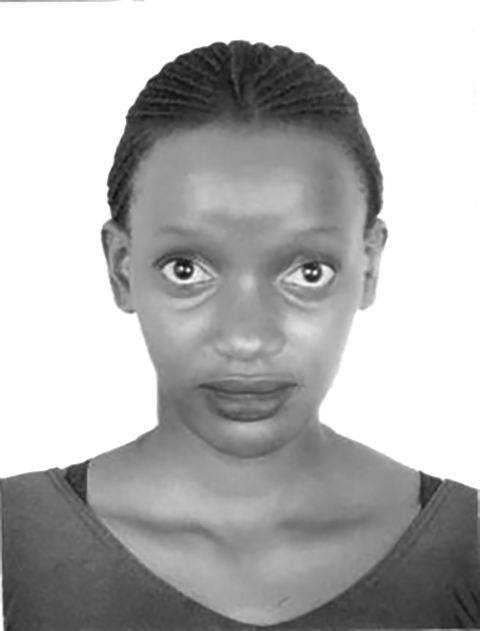
Nissy Namuyomba is an administrative assistant at the Masaka Association of Persons with Disabilities Living with HIV/AIDs and a volunteer with the Masaka Association of Persons with Cerebral Palsy in Uganda. Read more about Nissy Namuyomba
‘The Children Can’t be Wrong’
For World Autism Awareness Day, DJP Fellow Naufal Asy-Syaddad explores what it's like to be autistic in Indonesia in 2023. He interviews friends from his hometown and shares his own hopes and dreams.
Filmmaker: Naufal Asy-Syaddad

Naufal Asy-Syaddad is a disability rights activist with autism and chairperson of Yogasmara Foundation's youth group. Read more about Naufal Asy-Syaddad
‘We Are Born Perfect’
Rina Prasarini has a message for disabled women: "Don't give up. Keep fighting." In 'We Are Born Perfect,' DJP Fellow Retta Maha interviews the entrepreneur, disability rights activist, and single mother of two.
Filmmaker: Mahretta Maha
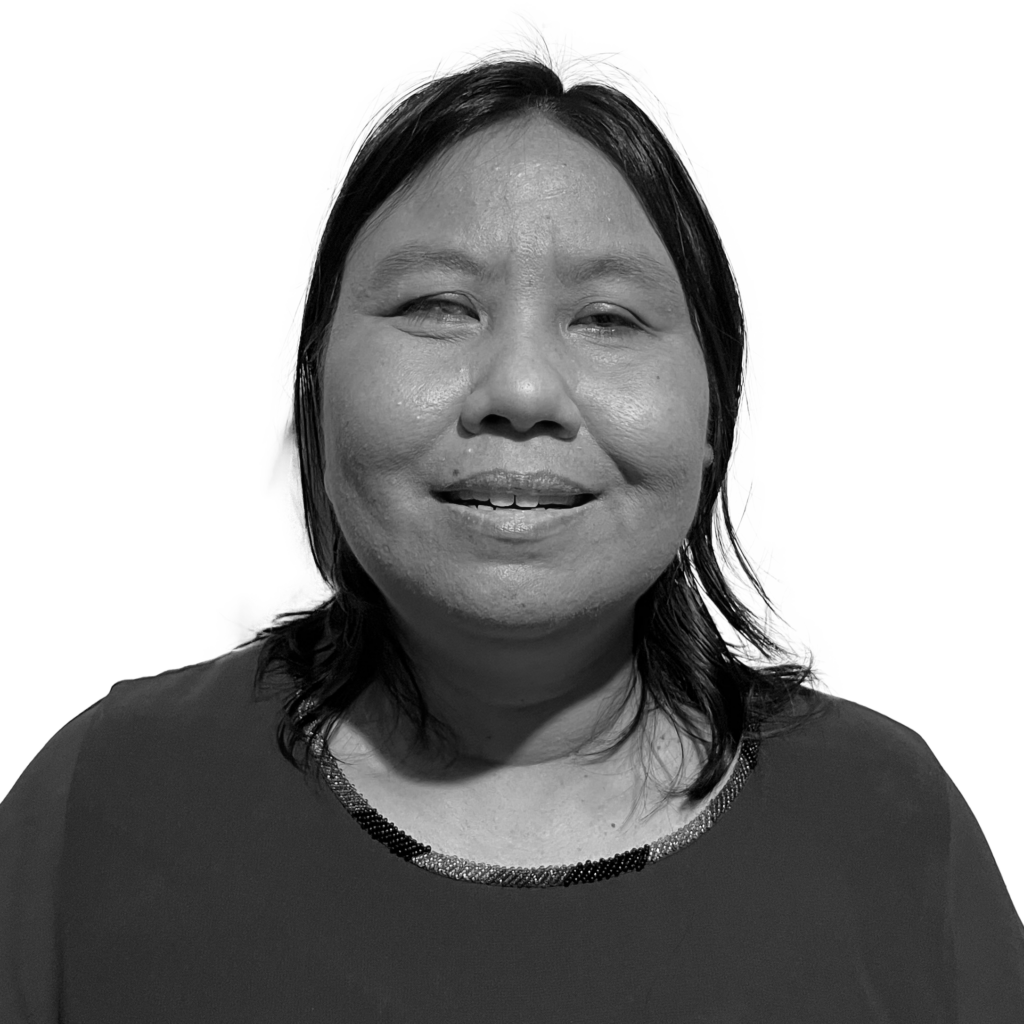
Mahretta Maha is a disability rights activist living with blindness. She is a program officer at the Association for Disability Access Elections (PPUAD) for the National Coalition of Organizations with Disabilities. Read more about Mahretta Maha
One Voice
2021 DJP Fellow Esther Suubi provides an intimate look at how Ugandan women with psychosocial disabilities unite against discrimination. *Audio descriptions for blind and low-vision audiences.
Filmmaker: Esther Suubi

Esther Suubi is an advocate for young girls and women's voices and a peer educator at Triumph Mental Health Support. Read more about Esther Suubi
‘Blind Persons Can Do Massage Therapy’
Beth Gatonye founded Seeing Hands Rwanda after noticing the high unemployment rate among Rwandans with disabilities. Her organization is working with participants to transition from training to employment.
Filmmaker: Esther Mukampogazi
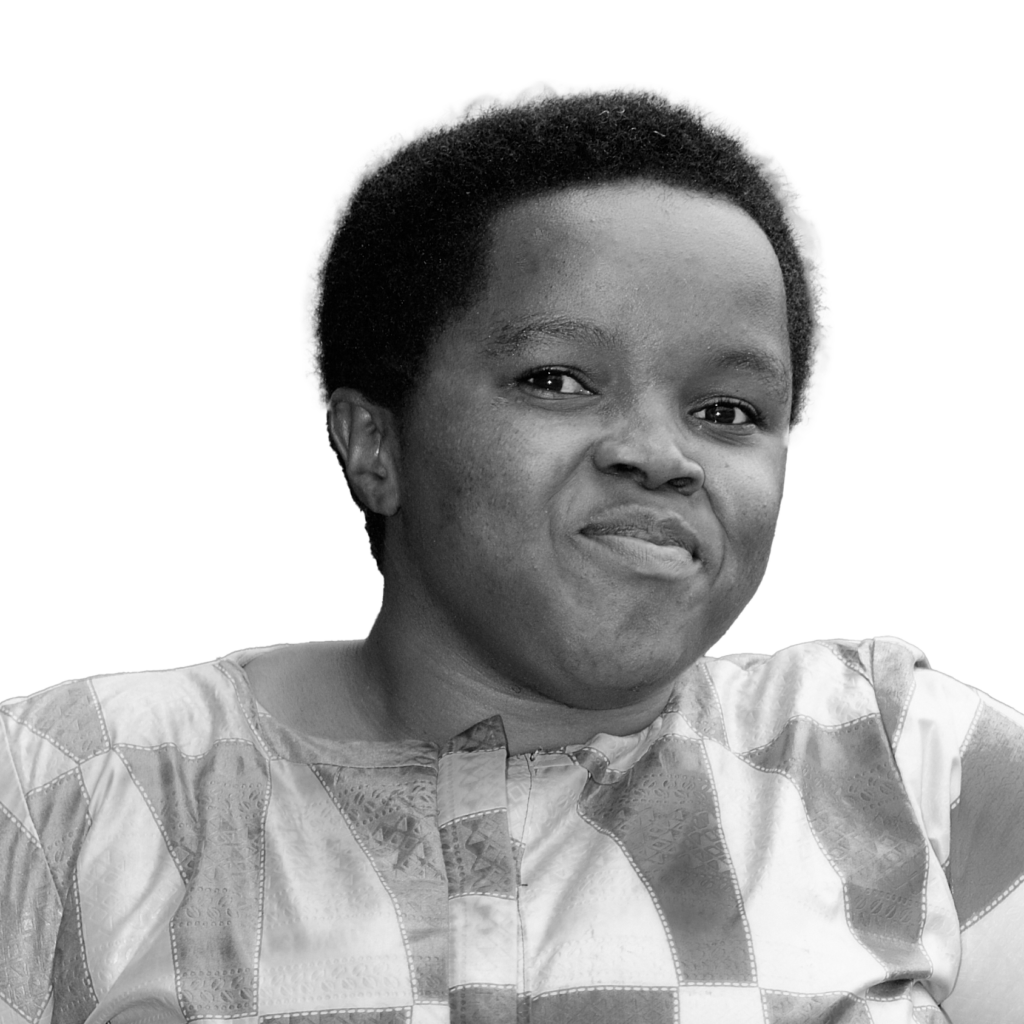
Esther Mukampogazi is a project manager and advocacy coordinator at the Organization of Women with Disabilities for Health Promotion and Development in Rwanda (OWDHD). Read more about Esther Mukampogazi
Out of Their Hands
The COVID-19 pandemic has exacerbated limited work opportunities for Indonesian massage therapists who are blind and low-vision. *Audio descriptions for blind and low-vision audiences.
Filmmaker: Mahretta Maha

Mahretta Maha is a disability rights activist living with blindness. She is a program officer at the Association for Disability Access Elections (PPUAD) for the National Coalition of Organizations with Disabilities. Read more about Mahretta Maha
A ‘Bitter Pill’
Lily Puspitasari and Nurhayati Ratna Sari Dewi, two Indonesian women with psychosocial disabilities, speak out against workplace discrimination. *Audio descriptions for blind and low-vision audiences.
Filmmaker: Kinanty Andini

Kinanty Andini is a freelance graphic design and digital artist. She is affiliated with the Indonesia Mental Health Association (IMHA), also known as the Association of Healthy Souls. Read more about Kinanty Andini
‘Not To Be Feared’
Jongaya is one of Indonesia's last leprosy settlements. Many people choose to live here to escape discrimination and stigma. *Audio descriptions for blind and low-vision audiences.
Filmmaker: Dija
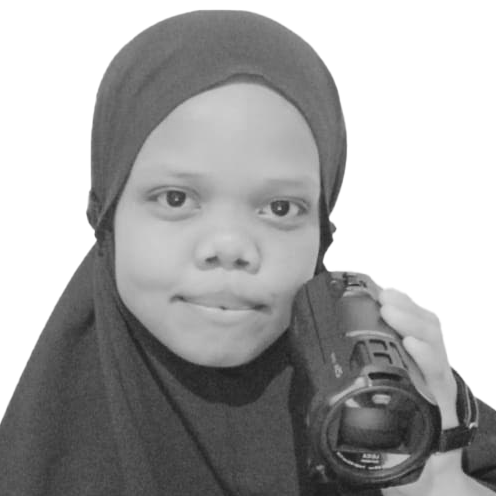
Dija is chairperson of the Association of Indonesian Women with Disabilities (HWDI)’s branch in Simbang in the Indonesian province of South Sulawesi. Read more about Dija
A Different Way of Learning
2022 DJP Fellow Naufal Asy-Syaddad speaks with two Indonesian men with autism about the obstacles they've faced throughout their education and search for employment. *Audio descriptions for blind and low-vision audiences.
Filmmaker: Naufal Asy-Syaddad

Naufal Asy-Syaddad is a disability rights activist with autism and chairperson of Yogasmara Foundation's youth group. Read more about Naufal Asy-Syaddad
‘The Door is Open’
Indonesians with disabilities have faced barriers to involvement in elections. Ariani Soekanwo is changing that. *Audio descriptions for blind and low-vision audiences.
Filmmaker: Mahretta Maha

Mahretta Maha is a disability rights activist living with blindness. She is a program officer at the Association for Disability Access Elections (PPUAD) for the National Coalition of Organizations with Disabilities. Read more about Mahretta Maha
Denied Assistance
Indonesian social assistance policy has left many persons with disabilities without financial support. *Audio descriptions for blind and low-vision audiences.
Filmmaker: Kinanty Andini

Kinanty Andini is a freelance graphic design and digital artist. She is affiliated with the Indonesia Mental Health Association (IMHA), also known as the Association of Healthy Souls. Read more about Kinanty Andini
Healthcare Ensured
Indonesians with disabilities still lack equal access to healthcare. A new policy provides hope for Sustia Rini. *Audio descriptions for blind and low-vision audiences.
Filmmaker: Sri Sukarni
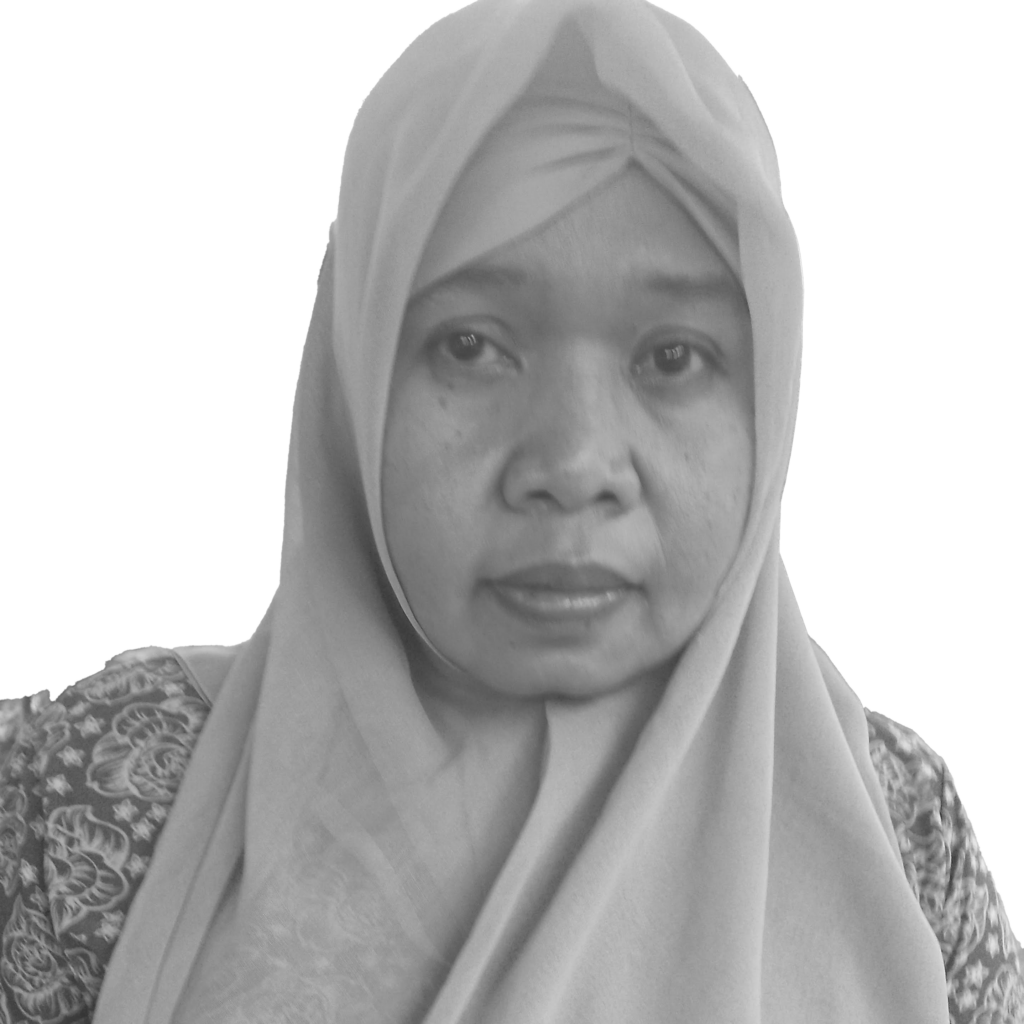
Sri Sukarni is chairperson of the Indonesia Association of Disabled Women (HWDI)’s branch in the province of West Nusa Tenggara. Read more about Sri Sukarni
Inclusion 101
Students with DeafBlindness face education barriers in Nigeria. *Audio descriptions for blind and low-vision audiences.
Filmmaker: Oluwabukolami Omolara Badmus
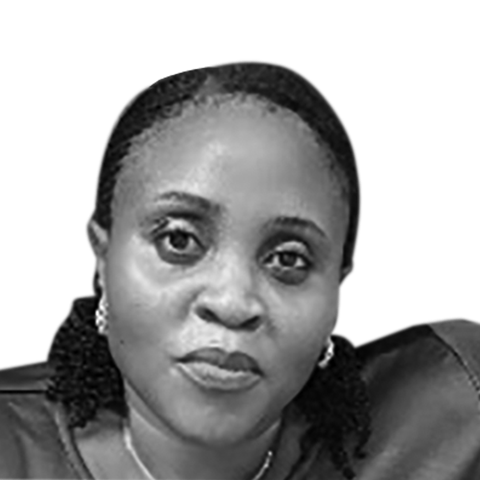
Oluwabukolami Omolara Badumus is a disability rights activist and feminist based in Lagos, Nigeria. She is both the financial secretary and Lagos state coordinator for the Lionheart Ability Leaders International Foundation (LALIF). Read more about Oluwabukolami Omolara Badmus
Ending Stigma Together
Triumph Uganda and International Disability Alliance members discuss the power of community in combatting mental health stigma. *Audio descriptions for blind and low-vision audiences.
Filmmaker: Esther Suubi

Esther Suubi is an advocate for young girls and women's voices and a peer educator at Triumph Mental Health Support. Read more about Esther Suubi
Overcoming Barriers to Health Care
TASO clients and staff talk about the medical climate for people living with HIV and disability in Uganda. *Audio descriptions for blind and low-vision audiences.
Filmmaker: Nissy Namuyomba

Nissy Namuyomba is an administrative assistant at the Masaka Association of Persons with Disabilities Living with HIV/AIDs and a volunteer with the Masaka Association of Persons with Cerebral Palsy in Uganda. Read more about Nissy Namuyomba
‘Put Words into Action!’
Malawians with disabilities continue to encounter inaccessible public infrastructure. *Audio descriptions for blind and low-vision audiences. .
Filmmaker: Julie-Marie Chibekete
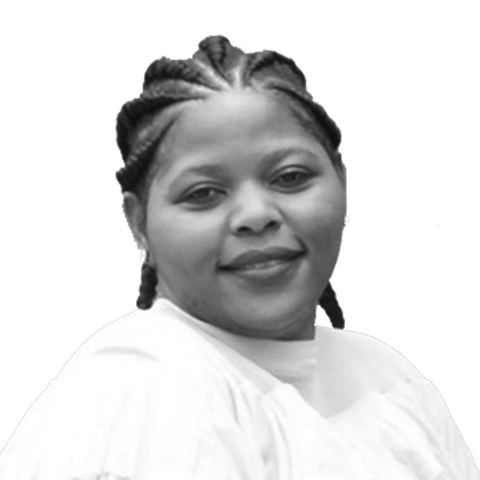
Julie-Marie Chibekete is a program assistant (monitoring and evaluation) for the World Food Programme Malawi country office and an active member of the Spinal injuries Association of Malawi (SIAM). Read more about Julie-Marie Chibekete
Equal Opportunity for All
Driven by his own experiences with DeafBlindness, Solomon Olakunle Okelola advocates for the rights of people with disabilities to be fully included in society. *Audio descriptions for blind and low-vision audiences.
Filmmaker: Oluwabukolami Omolara Badmus

Oluwabukolami Omolara Badumus is a disability rights activist and feminist based in Lagos, Nigeria. She is both the financial secretary and Lagos state coordinator for the Lionheart Ability Leaders International Foundation (LALIF). Read more about Oluwabukolami Omolara Badmus
If There’s a Wheel, There’s a Way
SIAM's Scader Louis works to address the needs of persons with spinal cord injuries from a rights-based approach. *Audio descriptions for blind and low-vision audiences.
Filmmaker: Julie-Marie Chibekete

Julie-Marie Chibekete is a program assistant (monitoring and evaluation) for the World Food Programme Malawi country office and an active member of the Spinal injuries Association of Malawi (SIAM). Read more about Julie-Marie Chibekete
It Takes a Village
After experiencing a mental health crisis of her own, Robinah Alambuya founded TRIUMPH Uganda to help others with psychosocial disabilities in her community. *Audio descriptions for blind and low-vision audiences.
Filmmaker: Esther Suubi

Esther Suubi is an advocate for young girls and women's voices and a peer educator at Triumph Mental Health Support. Read more about Esther Suubi
Finding the Light
NOUSPR has a dream - a world in which all people with psychosocial disabilities are treated with the respect and dignity. *Audio descriptions for blind and low-vision audiences.
Filmmaker: Rose Umutesi
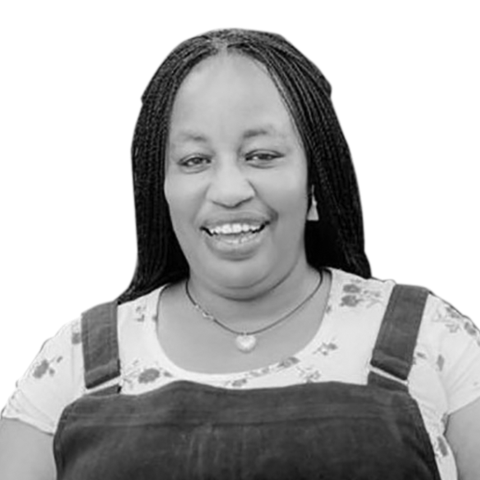
Rose Umutesi is chairperson of the National Organization of Users and Survivors of Psychiatry in Rwanda and co-founder and treasurer of its umbrella organization, National Union of Disabilities Organizations of Rwanda. Read more about Rose Umutesi
Disability and HIV
MADIPHA is advocating for a person-centered, disability-inclusive response to HIV in Uganda. *Audio descriptions for blind and low-vision audiences.
Filmmaker: Nissy Namuyomba

Nissy Namuyomba is an administrative assistant at the Masaka Association of Persons with Disabilities Living with HIV/AIDs and a volunteer with the Masaka Association of Persons with Cerebral Palsy in Uganda. Read more about Nissy Namuyomba
Cara Belajar yang Berbeda
Penyandang Autisme di Indonesia Menempuh Jalan Sendiri Menuju Pendidikan dan Pekerjaan Kesempatan kerja terbatas bagi penyandang autisme di Indonesia. Tantangan muncul karena perbedaan komunikasi antara penyandang neurodiversitas dan neurotipikal – dan karena kurangnya penerimaan
Filmmaker: Naufal Asy-Syaddad

Naufal Asy-Syaddad is a disability rights activist with autism and chairperson of Yogasmara Foundation's youth group. Read more about Naufal Asy-Syaddad
Bantuan yang Tertolak
Detail teknis dalam kebijakan bantuan sosial di Indonesia telah menyebabkan banyak penyandang disabilitas tidak mendapatkan bantuan keuangan dari pemerintah. *Video termasuk deskripsi audio. *Baca bersama dengan mengklik tombol cc pada pemutar YouTube Anda.
Filmmaker: Kinanty Andini

Kinanty Andini is a freelance graphic design and digital artist. She is affiliated with the Indonesia Mental Health Association (IMHA), also known as the Association of Healthy Souls. Read more about Kinanty Andini
Coronavirus Fight Song
Music sensation SingStar Ali says persons with disabilities in Rwanda have been particularly impacted by the pandemic due to inaccessible washing stations, the inability to social distance, and more.
Filmmaker: SingStar Ali
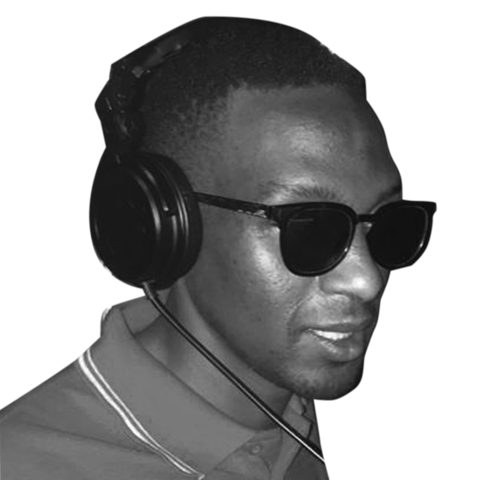
SingStar Ali is based in Rwanda. Read more about SingStar Ali
Di Luar Kendali Mereka
Eka Setiawan, seorang aktivis tunanetra, mengatakan bahwa para advokat harus terus menuntut lebih banyak kesempatan profesi bagi orang Indonesia yang buta dan low vision. *Baca bersama dengan mengklik tombol cc pada pemutar YouTube Anda.
Filmmaker: Mahretta Maha

Mahretta Maha is a disability rights activist living with blindness. She is a program officer at the Association for Disability Access Elections (PPUAD) for the National Coalition of Organizations with Disabilities. Read more about Mahretta Maha
Hak untuk Memilih
Warga negara Indonesia penyandang disabilitas secara historis menghadapi banyak hambatan untuk terlibat dalam pemilu. *Video termasuk deskripsi audio. *Baca bersama dengan mengklik tombol cc pada pemutar YouTube Anda.
Filmmaker: Mahretta Maha

Mahretta Maha is a disability rights activist living with blindness. She is a program officer at the Association for Disability Access Elections (PPUAD) for the National Coalition of Organizations with Disabilities. Read more about Mahretta Maha
Perawatan Terjangkau
Jaminan kesehatan tidak selalu terjamin bagi penyandang disabilitas Indonesia. *Video termasuk deskripsi audio. *Baca bersama dengan mengklik tombol cc pada pemutar YouTube Anda.
Filmmaker: Sri Sukarni

Sri Sukarni is chairperson of the Indonesia Association of Disabled Women (HWDI)’s branch in the province of West Nusa Tenggara. Read more about Sri Sukarni
A Place Where We Belong
Myths and superstitions about persons with albinism put them at greater risk during COVID-19. OIPPA is fighting against these stigmas and for the inclusion of persons with albinism throughout Rwanda.
Filmmaker: Thacien Biziyaremye
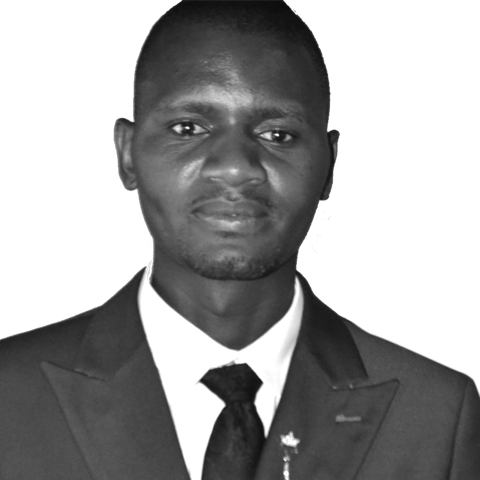
Thacien Biziyaremye is a journalist, director, editor, and camera operator and the co-founder of SACAMS (Special Advocacy, Communication and Media Services) Ltd. He is based in Kigali, Rwanda. Read more about Thacien Biziyaremye
Disability Inclusion Music Video
Dancing through the streets of Zambia, R&B singer John Chiti encourages persons with disabilities to take precautions during the pandemic and says everyone is impacted, whether they have been infected or not.
Filmmaker: John Chiti
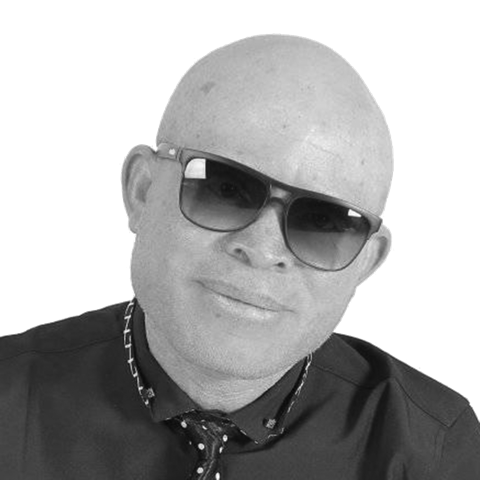
R&B singer John Chiti is executive director of the Albinism Foundation of Zambia (AFZ). The musician has produced two songs about the coronavirus to raise awareness about its impact on people with disabilities. Read more about John Chiti
Pil Pahit
Menanggapi diskriminasi di tempat kerja yang terus berlanjut, para penyandang disabilitas Indonesia mengadvokasi undang-undang yang akan memperbaiki kondisi pekerja. *Video termasuk deskripsi audio. *Baca bersama dengan mengklik tombol cc pada pemutar YouTube Anda.
Filmmaker: Kinanty Andini

Kinanty Andini is a freelance graphic design and digital artist. She is affiliated with the Indonesia Mental Health Association (IMHA), also known as the Association of Healthy Souls. Read more about Kinanty Andini
‘Tidak Perlu Ditakuti’
Desa Jongaya adalah salah satu pemukiman kusta terakhir yang tersisa di Indonesia. *Baca bersama dengan mengklik tombol cc pada pemutar YouTube Anda.
Filmmaker: Dija

Dija is chairperson of the Association of Indonesian Women with Disabilities (HWDI)’s branch in Simbang in the Indonesian province of South Sulawesi. Read more about Dija
